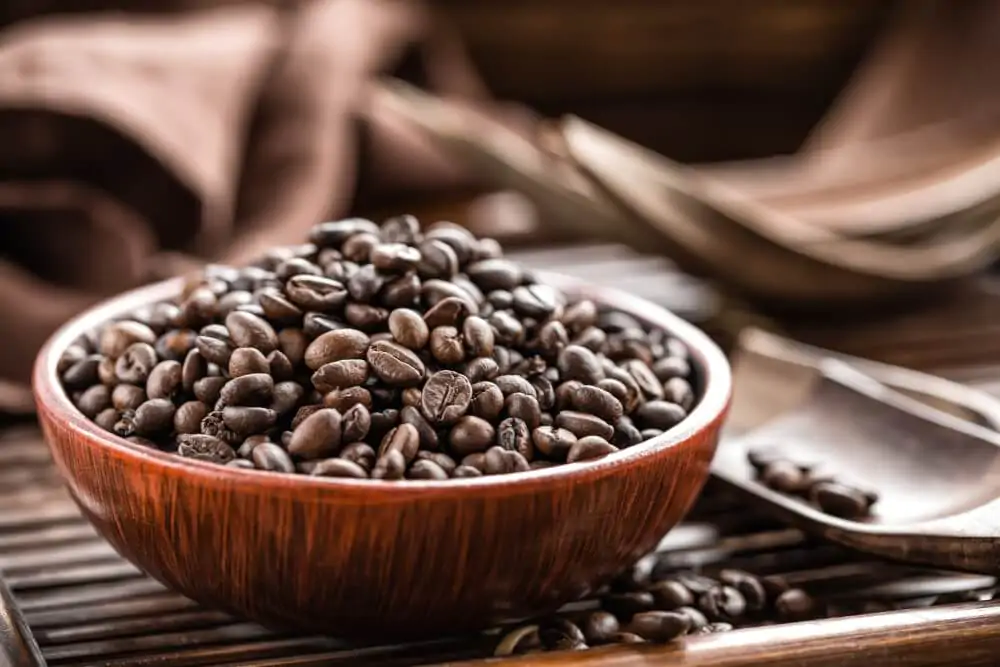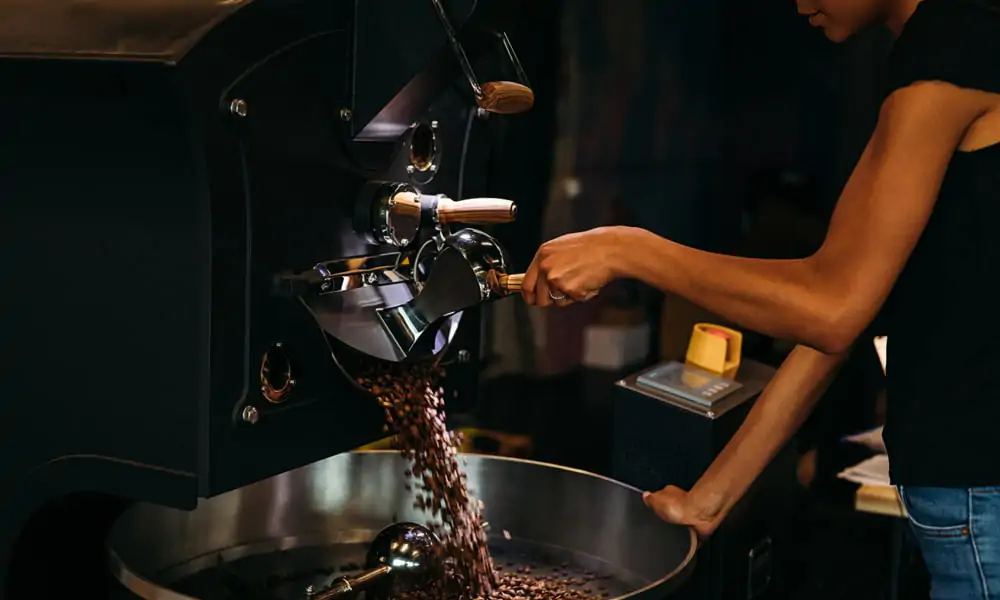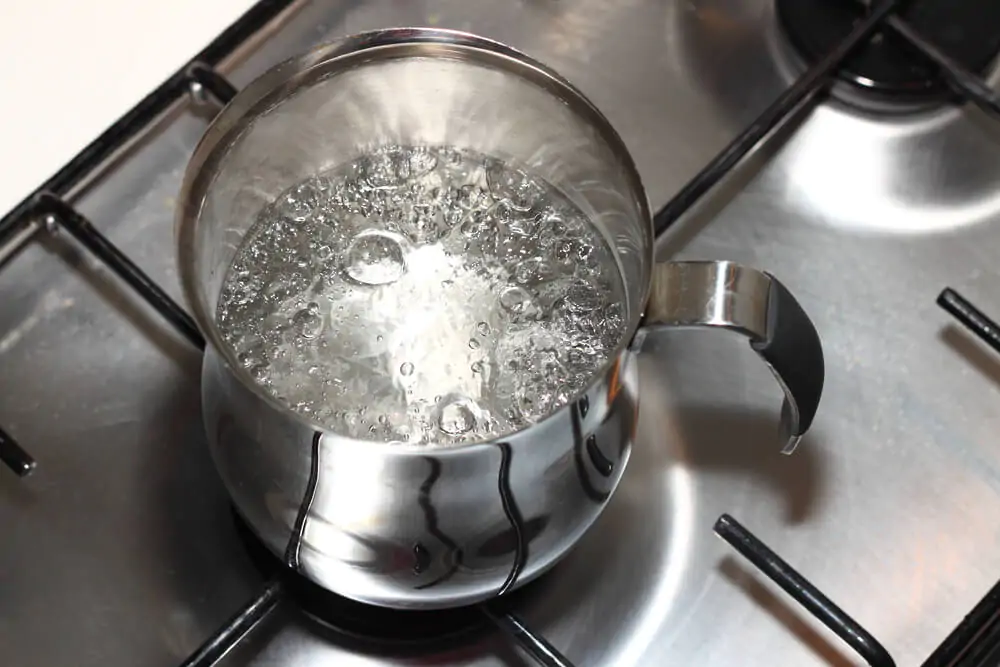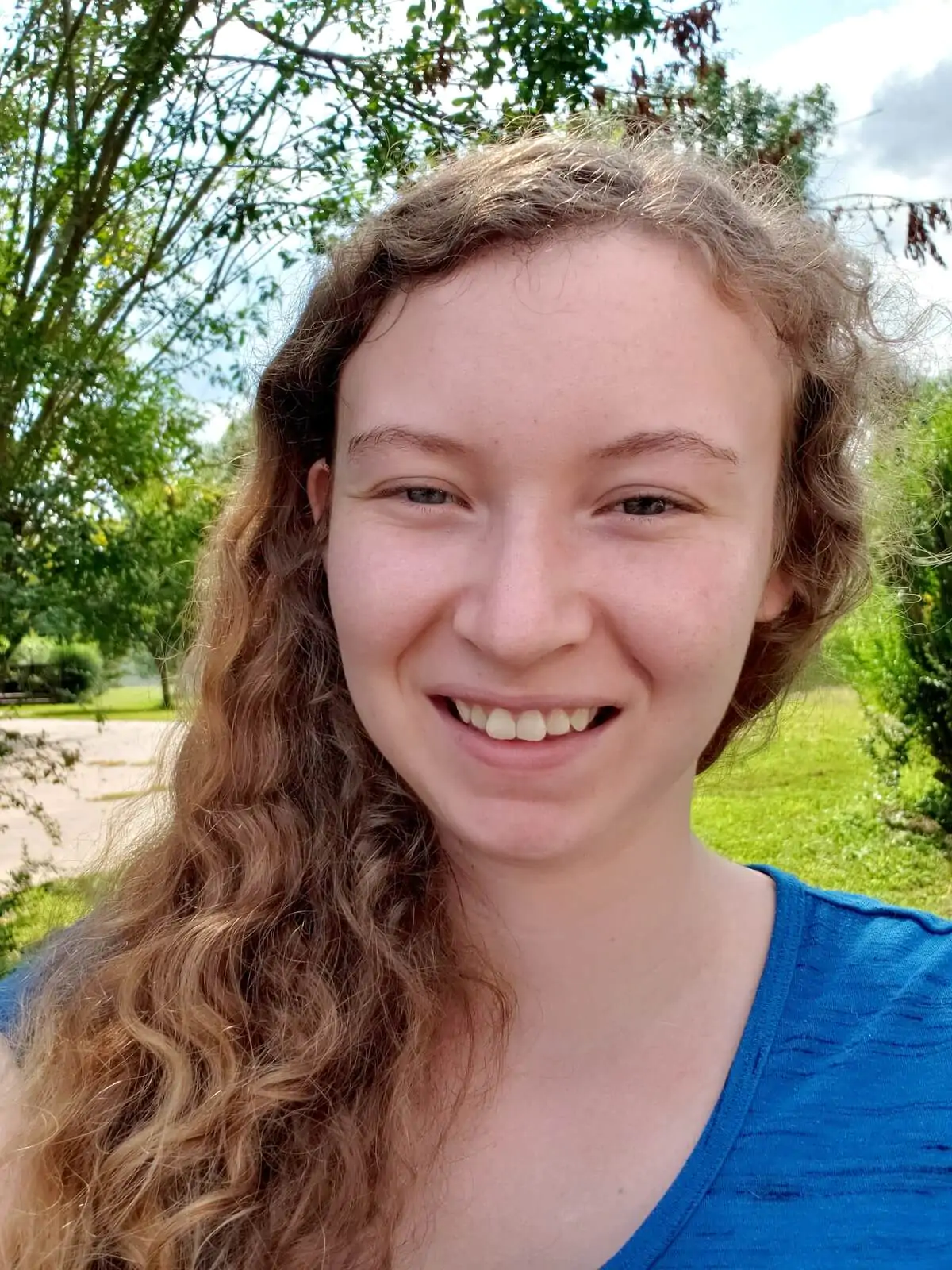This article answers the question “can you burn coffee?” and tackles the possible causes that’ll help you prevent making one.

You can burn coffee – most of the time. It does depend on the method you’re using. For instance, it is hard to burn coffee in a drip pot, which is likely one reason they’re so popular.
However, you can easily burn coffee when using a french press or similar method. If your water is too hot, the coffee grounds will burn.
Burnt coffee results in an acidic flavor. It will ruin the underlying flavor of the coffee and makes for a pretty bad cup – honestly. You don’t want your coffee to taste like acid-charcoal, so using the correct water temperature is vital.
You can also burn coffee beans during the roasting process. Roasting the beans at too high of a temperature will burn them. They will often taste burnt – like you’re eating ashes.
However, that doesn’t necessarily mean that all “burnt-tasting” coffee is burnt. If your coffee tastes a bit off, there are several possible causes.
3 Reasons Why Your Coffee Tastes Burnt

No one likes to drink burnt coffee. If you do, you’re probably in the wrong article.
However, coffee doesn’t necessarily taste burnt because it is burnt. There are several reasons your coffee may get an acidic, ashy flavor.
- Over Roasting
Roasting coffee for too long or at too high of a temperature is the primary reason coffee may taste burnt – because this coffee is burnt. Like nearly anything out there, applying too much heat to coffee beans will burn them.
Coffee made from burnt beans will taste different. Usually, the coffee will taste more acidic – to the point that it overwhelms any other flavors.
- Stale Beans
Stale beans can sometimes taste burnt as well. If the beans are left sitting for too long, they often get a bit acidic. This taste is similar to burnt coffee, so stale beans often get mistaken for burnt beans.
Coffee grounds can also get stale and dry. Often, these will taste burnt as well. Grinding your beans just before brewing is the way to go if you want the freshest possible coffee.
- Over Heated Coffee
Coffee can burn after brewing. If your coffee is on a heating plate for hours, the last cup at the bottom may taste a bit burnt. Drip machines are notorious for this, especially if they are left on all day.
This phenomenon is probably why break-room coffee always tastes bad.
Can You Burn Coffee With Boiling Water?

No. Too-hot water is not the primary cause of burnt coffee. Coffee beans roast at a higher temperature than water boils. Therefore, it doesn’t make much sense that boiling water would burn them when the roasting didn’t.
Some people will purposefully use slightly below boiling water – with the explanation that boiling water ruins the flavor.
However, this is not exactly true. Some coffee beans taste better when brewed at certain temperatures, but that doesn’t mean that you should always avoid boiling water.
Your primary concern should be how long your beans sit in the boiling water. If you’re using a French press, you can leave the ground in the water for too long. This time factor is the primary cause of burnt coffee – not whether the water was boiling or not.
In general, we recommend brewing most coffees at around 200 degrees Fahrenheit. This just-below-boiling temperature produces less acidic coffee. Too-hot water can over-distill the flavors, though it won’t exactly burn the coffee.
How Do You Fix Burnt Coffee?
You don’t – really. Once the coffee is burned, you can’t turn back the clock and unburn it. It doesn’t quite work that way.
It’s just like toast. You can’t unburn toast.
Preventing burnt coffee is the best way to “fix” the problem. Once the coffee is burnt, all you can do is pour it down the drain. There are a lot of things you can do to prevent the coffee from being burnt in the first place, though.
For instance, if you’re using a hot plate, turn it off. If your coffee stays on your hot plate for hours, you’ll be having a burnt coffee. This fact is especially true if there is only a little bit of coffee left.
Learn how to roast beans correctly. Don’t roast them in big batches. Avoid using stale beans, and don’t mix new and old beans.
